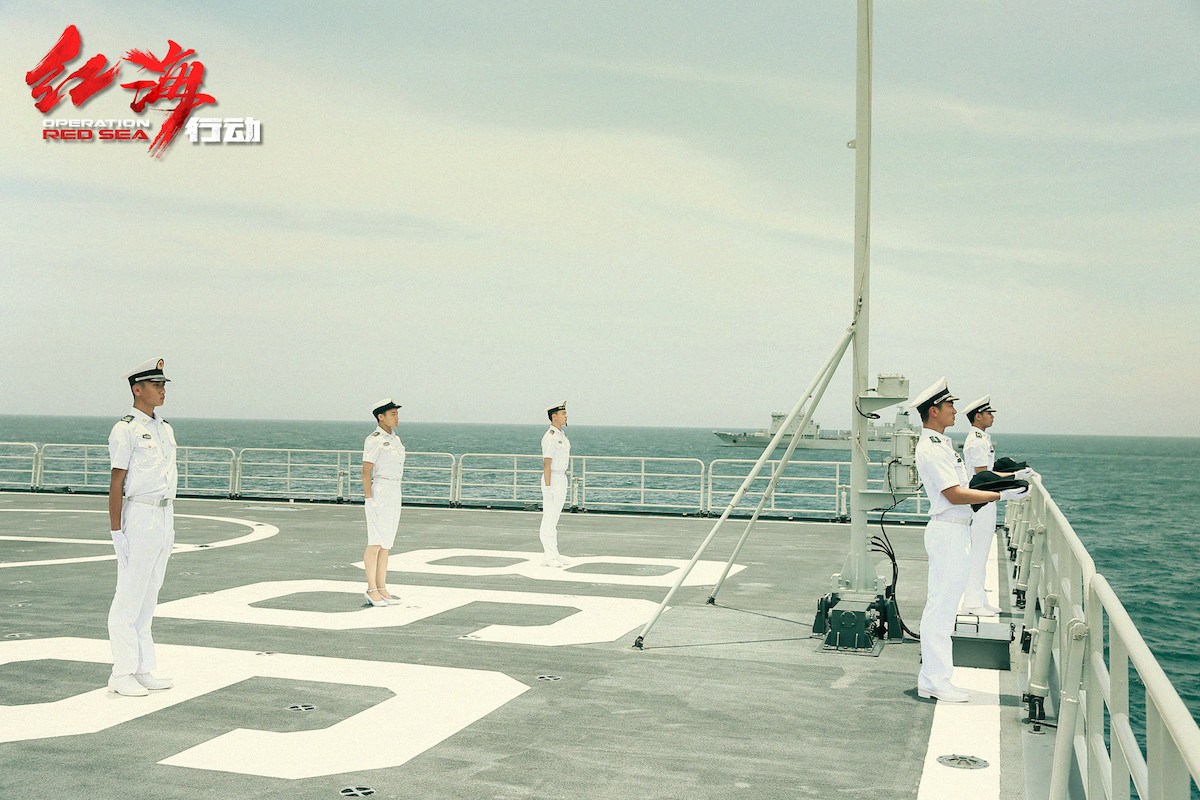Are the Oscars finally breaking into China?

Promotional photo of Darkest Hour, one of the Oscars Best Pictures nominees with Chinese backing.
The telecast of the Academy Awards may have suffered a record ratings low last Sunday, but in China, Oscars-nominated movies are gaining more traction.
Before 2010, Oscars-nominated movies were rarely granted theatrical releases in China, the world’s second-largest movie market. Even after the number of imported Oscars films began to increase in recent years, most Oscars fare, with the exception of movies like Avatar and The Life of Pi, were not exactly to the tastes of Chinese audiences, who largely preferred action and CGI-heavy blockbusters. The significant delays in release dates and the rampancy of piracy also worked to the films’ disadvantage, leading them to underperform at China’s box office.
The tide, however, began to turn two years ago. In 2016, Leonardo DiCaprio’s The Revenant, riding on the coattails of the actor’s long-awaited Oscars win, racked up nearly $40 million (250 million RMB) in its first week, an unusually strong debut considering most Oscars films fail to scare up more than $15 million (the benchmark 100 million RMB) in China. And in the following year, the modestly budgeted La La Land broke records to become the highest-grossing musical in China’s box office history.
The number of Oscars imports reached a new high this year, with five of the Best Picture nominees (including Best Picture winner Shape of Water) all securing releases in China. While it is still hard for the majority of Oscars-nominated films to match the box office clout of an action extravaganza like The Fate of the Furious, respectable performances by smaller films such as Three Billboards Outside Ebbing, Missouri in China have industry analysts optimistic that Chinese viewers may be warming up toward foreign arthouse and indie films.
Chinese investors have also become an increasingly vital presence among Oscars nominees. Media outlets like China Film Insider have speculated that Chinese backing of The Revenant may have been one of the reasons why the movie was able to screen in China so quickly, merely two months after its U.S. debut. Last year’s award favorite La La Land was partially bankrolled by TIK Films, a subsidiary of broadcaster Hunan TV. And this year, not one, but two of the Best Picture nominees, Darkest Hour and Phantom Thread, were financed by Beijing-based video game production company Perfect World Co.
While neither film can qualify as a box office juggernaut (Phantom Thread has earned $38 million worldwide and Darkest Hour nearly $139 million; neither are a match for the $525 million grossed by fellow Best Picture nominee Dunkirk), Chinese investment into Oscars-beckoning movies is not merely motivated by short-term monetary goals. According to analysts, winning an Academy Award helps Chinese companies burnish their credentials in their collaboration with Hollywood studios and their tapping into overseas film markets.

China can’t get enough of propaganda action movies
Last summer, Wolf Warriors 2 (战狼二 zhàn láng èr), a testosterone-fueled, pro-military action film about a special forces operative who saves the lives of Chinese expatriates in an African country, hit a milestone for Chinese propaganda films when it became the all-time highest-grossing movie in China. Not only did the action blockbuster singlehandedly save China’s flagging box office, but it also proved that “main melody films” (主旋律电影 zhǔxuánlǜdiànyǐng) — films that promote patriotic, state-sanctioned messages — were capable of making big bucks at China’s box office.
Operation Red Sea (红海行动 hónghǎi xíngdòng), another example of a “main melody film,” is shaping up to be a close successor to Wolf Warriors 2’s success. The film, which focuses on an elite Chinese Navy squad operating an anti-terrorism mission in Africa, debuted at fourth place on the first day of the Lunar New Year, but strong word-of-mouth and positive reviews has given the movie plenty of legs and has now made it the fourth highest grossing movie in China’s box office history.
The recent string of box office triumphs of films like Wolf Warriors 2, Operation Red Sea, and last year’s Operation Mekong (湄公河行动 méigōnghé xíngdòng) — a crime action film based on the 2011 Mekong Massacre — proves that propaganda films are far from becoming obsolete in China. While the genre may not dominate box office charts as much as it did before 2002, a year in which many industry rehauls took place, it has proven itself a force to be reckoned with when it harnesses the star wattage of celebrities or the tried-and-true narrative formulas of genre films.
That doesn’t mean that the Chinese audience is undiscriminating toward overtly patriotic films. For every Operation Red Sea, which has currently scored a cumulative $480 million, there are plenty of “main melody films” that have bombed in theaters. Over the past three years, “main melody films” have grossed a measly average of $488 thousand dollars in ticket receipts and received an average 4.1 in Douban ratings.
The country’s film regulator, however, is determined to boost the attendance rates of propaganda films with whatever means necessary. In late January, China’s State Administration of Press, Publication, Radio, Film and Television of the People’s Republic of China (SAPPRFT) issued a notice announcing 5,000 cinemas, 10 percent of the country’s existing theaters, would be selected to screen “main melody films.” The chosen theaters would devote a certain number of their screens to showing and promoting propaganda films and would constitute a “people’s theater front.”
https://thechinaproject.com/2018/02/12/five-thousand-movie-theaters-across-china-form-cohort-peoples-theaters/





